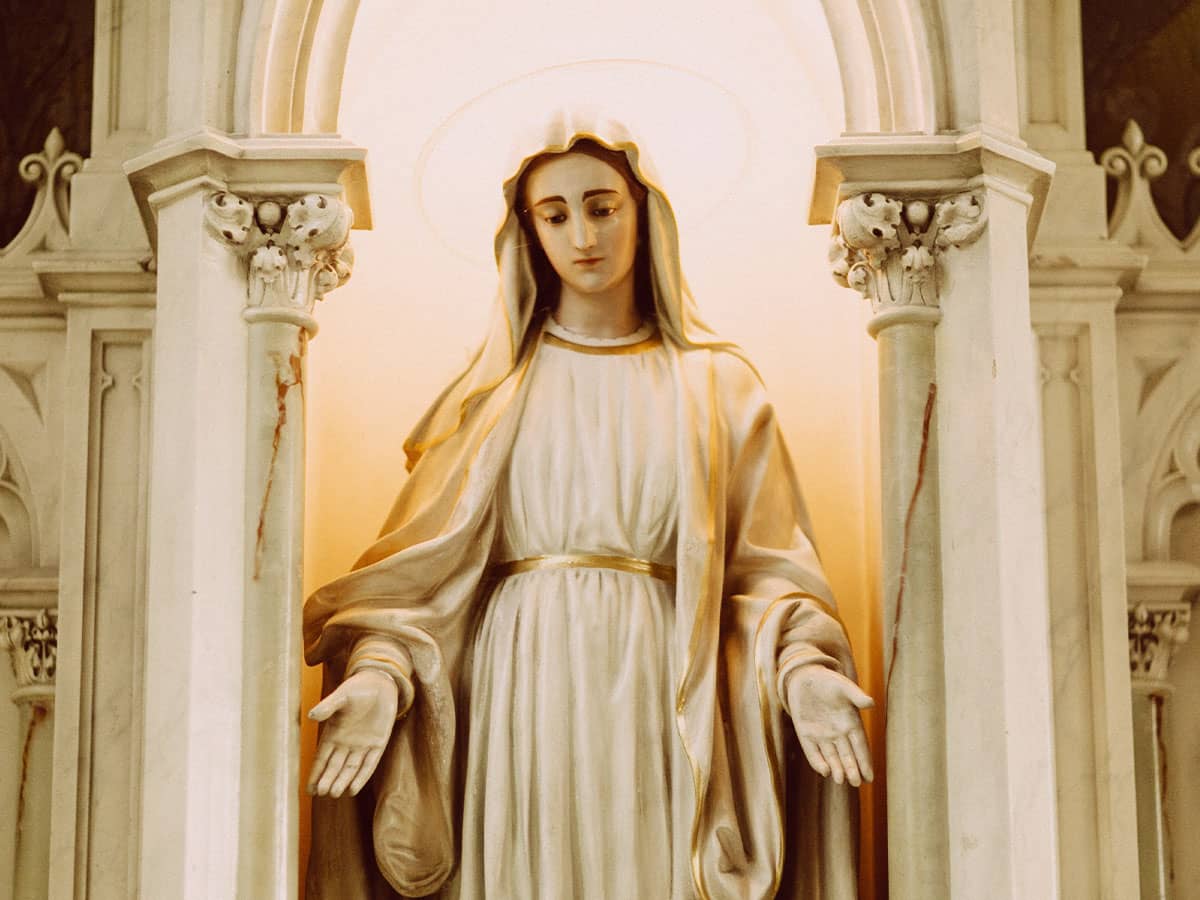I adopted the stand of the Swiss theologian Hans Kung, once a colleague and friend of Cardinal Ratzinger, and then a bitter enemy. Kung offered wise advice that most people on both sides of the Catholic divide ignored. Give him time, said Professor Kung; suspend judgment and see what he does.
Today the division between the two polarized factions in the church continues. But those who were delighted are now displeased, and those who were discouraged are now cautiously hopeful. The new pope has managed to confound almost everyone as he strives for moderation and healing.
Media coverage during and after the conclave created a negative image of Papa Ratzinger--the "Panzer Cardinal," the "Hitler youth pope," the pope who condemned Harry Potter, the pope who fired the editor of the Jesuit magazine America, the Pope who banned gay men in seminaries. Most of these images were false. The instruction--not a doctrinal statement--on gays in seminaries did not say that they all should be banned, though it suited the interests of both the gays and the gay bashers to create that image. The comment on Harry Potter was in a private letter written years ago and not an official position.
A year after Benedict's election, the conservative Catholics are the ones who are angry. The pope has not repealed Vatican II, he has not imposed the old Latin Mass, he has not banned women from the liturgy, and he has defended Vatican II's statement on religious liberty.
Among the things the pope did was to reconcile with Kung, a powerful act of graciousness and humanity that moved some priests who knew both to tears. He has reached out to leaders of other faiths and religions. He has given wonderful little homilies in Roman parishes--without notes. He has defended religious liberty.
In his first encyclical “Deus Caritas Est”--a sensitive reflection on love, human and divine--the pope linked erotic love between man and woman to God’s love for humans. (This perspective dates back to St. Paul, though it has often been ignored.) There were no condemnations, no denunciations, only warmth, sympathy, and understanding. Moreover, the agony and the ecstasy of human love is a subject on which the huge middle majority of Catholics can readily agree.
On the basis of the record and not media images, Papa Benedetto seems to have chosen a course of moderation, a quiet time in which Catholics can listen carefully to the wisdom of their heritage as updated by the Vatican Council. The pope has not returned to the fiery liberalism of his youth. It does not seem likely that there will be change on hot-button issues like celibacy and the ordination of women. One might question the wisdom of such a strategy. But the blood purge which some wanted and others feared does not seem likely.
There remain serious problems--the apparent decline of the faith in Europe, the loss of credibility of the Church teachers especially on sexual matters, the shortage of priests, the bitter antagonism between church leaders and homosexuals, the persistence of the sexual abuse crisis.
Yet, if the pope’s goal has been to bind up wounds, he has made a good beginning.

